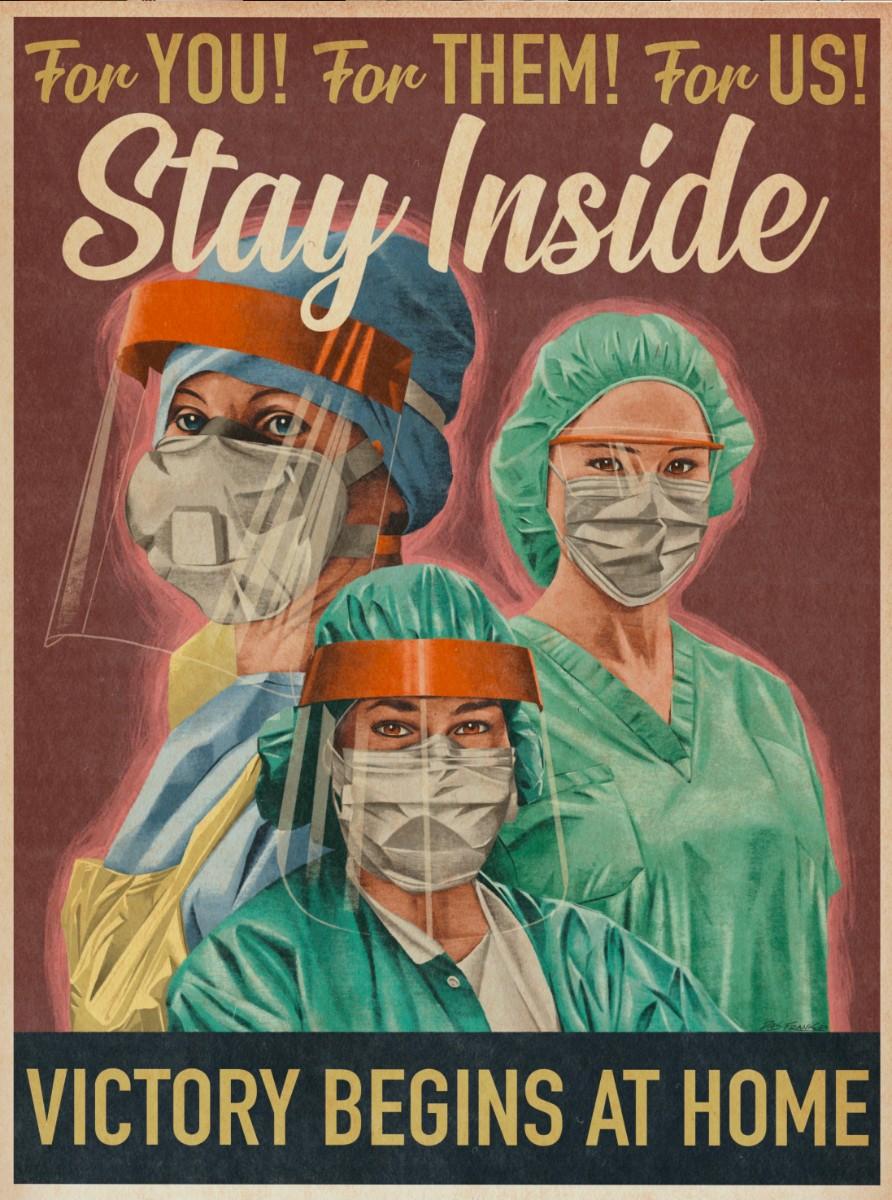Imagine if in today’s world the use of advanced technology was taken away. No smartphones, no instant messaging, no Bluetooth, no streaming, no worldwide connection, no virtual assistant, you get the point. Some would say, “what an inconvenience!” while others would say “finally, how it should be!” I’d personally lean on the inconvenience side, as I’ve grown accustomed to these things. However, when really researching how much they’ve taken control of our lives, it does become scary.
As Dr. Andy Yen pointed out in a 2014 TedTalk, there will be kids today who never knew any difference in privacy. At the age of 19, I do remember stages of life without the use of the internet and certainly without the use of smartphones. However, I was also young enough to become very attached to them when they took off.
With my generation being one of the early adopters of this internet at the fingertips concept, we all learned together how to use social media safely. However, I see things today that I would have never imagined we’d allow within these platforms. I also see pages and pages of terms that we so quickly scroll past and agree to because of our infatuation and in most cases, addiction to getting back in our social worlds.
After the mentioned research, I now realize that we are agreeing to things like data storage that track our whereabouts on the internet, designed to give us advertisement’s that would be pleasing. I also notice that virtual assistants like Siri and Alexa are storing our voice recordings in hopes to “create a more user-friendly product.” How weird is that?
The list of invasions of privacy goes on and on from phone call recordings to Bluetooth hacking. The fact that someone can easily obtain video camera footage from inside a child’s bedroom, and even talk to them is absolutely absurd and dangerous. In fact, in a TedTalk by Finn Latzow, he shows just how simple it is to hack into a child’s baby doll through Bluetooth and communicate with the child, even convincing them to “come outside and play.”
So yes, while I agree that technology has proven to be exceedingly beneficial to our society and absolutely has brought along very great things, we need to start making our users much more aware of what they’re agreeing to. We also need laws in place that force companies to clearly disclose what private information the consumer is sharing. Otherwise, we’re in for a very messy future.






